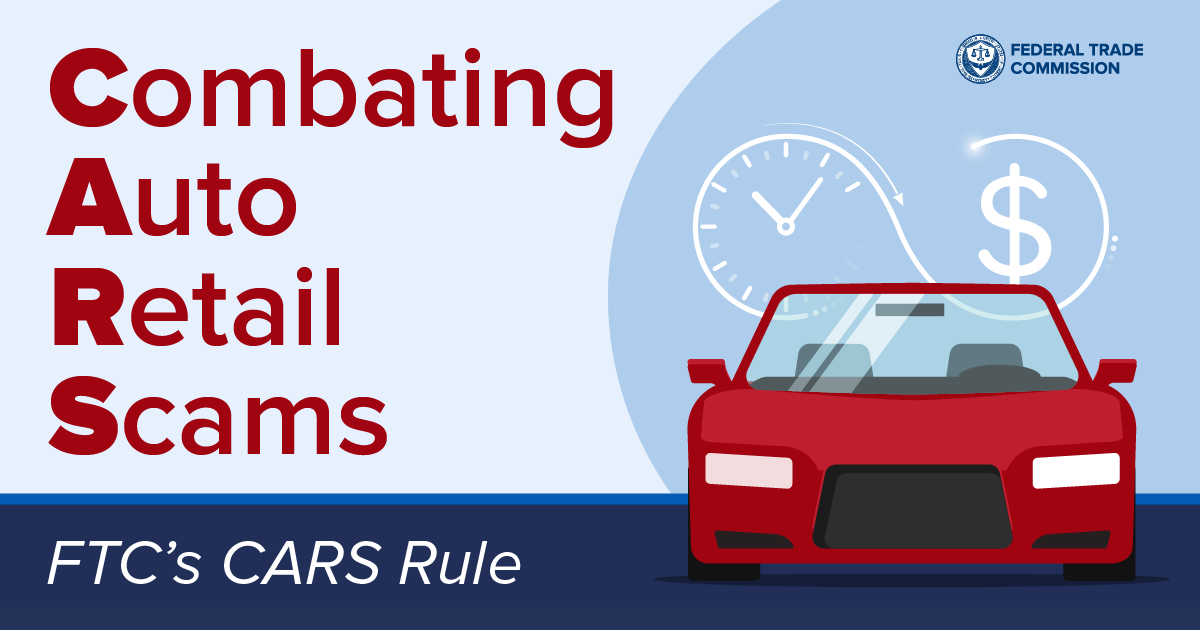The Federal Trade Commission (FTC) recently unveiled the Combating Auto Retail Scams (CARS) Rule, set to take effect July 30, 2024, to significantly reduce deceptive practices in the automotive industry.
FTC Chair Lina M. Khan highlighted the rule's focus on eliminating "unexpected and unnecessary fees" in car buying, which not only aids consumers but also fosters fairness among dealers.
The CARS Rule addresses two primary fraudulent tactics: bait-and-switch advertising and the imposition of hidden junk fees. These deceptive strategies have long plagued consumers, leading to inflated costs and frustrating experiences when purchasing vehicles.
The rule protects military personnel and their families, who often become targets for these unscrupulous practices. The burden of auto debt is significantly higher among servicemembers, with young servicemembers being especially vulnerable. The CARS Rule aims to alleviate these pressures by ensuring transparent and honest dealing in car sales.
Key Provisions
No Misrepresentations: Dealers are prohibited from misleading consumers about vital information such as price, cost, and financing terms.
Transparency in Pricing: The rule mandates that dealers provide clear information regarding the offering price, total payment and optional nature of add-ons.
Prohibition of Non-Beneficial Add-Ons: Dealers cannot charge for add-ons that do not provide real benefits to consumers.
Requirement for Consumer Consent: Explicit, informed consent must be obtained for any charges incurred in a vehicle purchase.
The FTC's process in developing the CARS Rule involved extensive public engagement, including a comment period where feedback from consumers, servicemembers, veterans and auto dealers was considered. This inclusive approach led to a well-rounded rule that not only curbs consumer exploitation but also supports honest dealers by creating a more level playing field.
The CARS Rule represents a significant step towards consumer protection in one of the largest purchase areas for American households. The FTC has also issued guidelines for both consumers and dealers to prepare for these changes, ensuring a smooth transition and widespread understanding of the new regulations.









